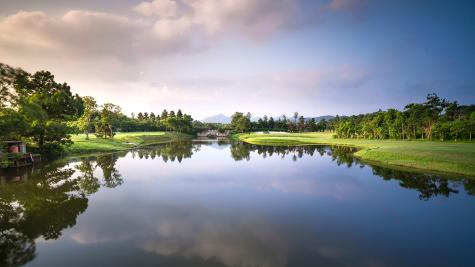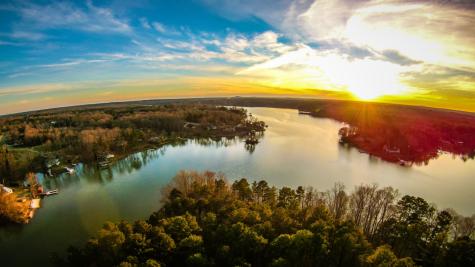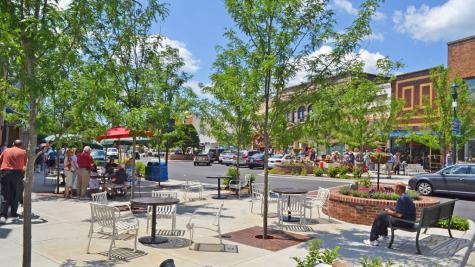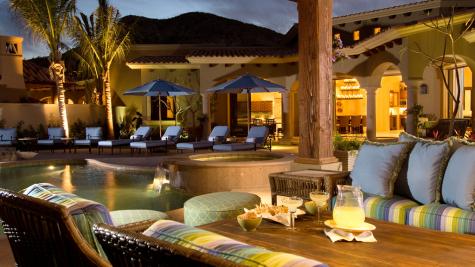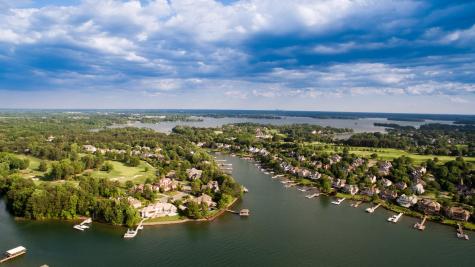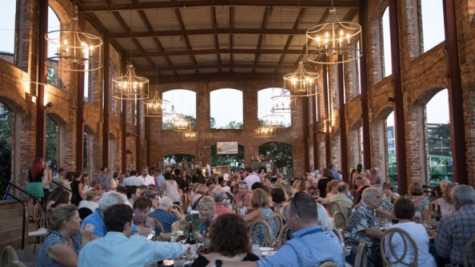Tips on Buying Property in Costa Rica
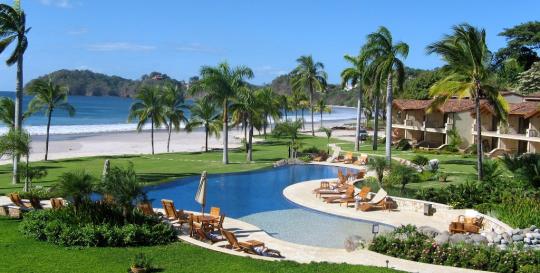
As Costa Rica continues to gain a name for itself as the “Happiest Country on Earth”, Americans continue to tip toe into owning property here for a second home or for retirement. After visiting the country several times, it’s easy to see how the unspoiled ‘Hawaiian-like’ landscape keeps a smile on the citizens faces. Longevity and its ‘green’ footprint are very attractive to Americans escaping toxic and overcrowded cities.
Is it easy to buy real estate here? A trusted lawyer who’s successfully closed multiple transactions in Costa Rica can make your life a whole lot easier and less risky. There are a number of best resorts in Guanacaste Costa Rica we find of interest. But before you pull out your checkbook, here’s a few tips on buying property in Costa Rica:
- Citizens and non-citizens have the same rights to buy ‘titled’ property. There are two exceptions: Maritime Terrestrial Zone (ZMT) and property donated to a Costa Rican by IDA (Instituto de Desarrollo Agrario) have restrictions. Property within two hundred meters of the ocean is restricted from non-resident foreigners.
- Property in Costa Rica is registered in the National Registry in the ‘Folio Real’ computer system based in San Jose. The registry reveals who owns it, the formal boundaries, the zoning regulations and any secured property rights. Be sure to seek legal counsel before you sign a contract or money changes hands. An experienced Costa Rican attorney should review all the conditions with you including terms, price, payments and due diligence period. He/she will likely recommend your deposit is placed in the attorney’s escrow account.
- Beware of squatters! According to article 277 of the Costa Rica civil code, ownership rights can be lost by a squatter improving or occupying the property for more than a year. This makes well managed gated and private communities much more appealing for luxury homes in Costa Rica.
- Costa Rica does not have a national Multiple Listing Service (MLS) like we do in America which makes it difficult to determine a fair market price based on prior sales and what's currently on the market. We suggest you look for the most popular real estate firm and a nationally recognized one, if possible, to insure a code of ethics exists on behalf of the buyers and sellers. Don’t taken by a fast-talking, one-time real estate developer at one of the newer best resorts in Guanacaste Costa Rica.
- Some suggest buying property in a corporation name makes it easier to transfer ‘shares’ later. Be sure you’re purchasing ‘ownership rights’ and not ‘occupation rights’. An attorney can advise you how to buy an existing corporation that holds real estate instead of complicated and costly title transfer. A corporation provides privacy and personal liability protection as well.
- A Title Guaranty is priceless. The guarantee covers a multitude of oversights and mistakes within the legal documents, undiscovered liens, ownership conflicts and illegal violations. The cost of the guaranty is well worth the peace of mind at retirement. The guarantee covers you as long as you own the property.
- Estimated closing costs: a) Registration stamps .8% b) Transfer tax 1.5% c) Legal fees 1.25% d) Escrow services .25%
- Property taxes in Costa Rica are .25% of the declared value.
We hope you found our tips for buying property helpful. If you’re searching for the best place to live in Costa Rica, be sure to ask for our short list of quality luxury homes in Costa Rica.
